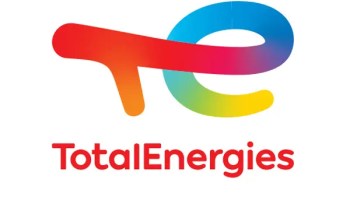
Olusola Bello
Nigerians would be disappointed by the time Dangote Refinery comes on stream because there would not be any significant reduction in the price of petrol but rather it would add value to its shareholders and not to Nigerians.
Agreed that the company is employing hundreds of Nigerians which has a multiplier effect on the economy, but beyond that, it adds value to the financial portfolio of its shareholders. It will not bring the price of oil down significantly, industry analysts said.
According to the analysts, the fact that the project is financed with borrowed loans and equity has ruled out the possibility of the company selling its product at a discounted rate like the Nigerian National Petroleum Company limited that is subsidizing fuel. So if Nigerians are expecting any significant change in the price of the product they would be disappointed.
The company they stated would start to pay back the loans as soon as it starts production and since it is not a ‘father Christmas’ it cannot be selling its fuel less than the price it should be at the international markets. So it needs to generate money from the sales of the products to repay the loans. The company would have to add the cost of production and the cost of capital to arrive at what the pump price would be, they stated.
Bello Rabiu, former Chief Operating Officer, Upstream at Nigerian National Petroleum Corporation (NNPC), said we should begin to privatise the country’s depots and pipelines for efficiency sake as that is the only way the cost of fuel can be reduced significantly and also improve efficiency and transparency in the downstream sector of the petroleum industry.
He said freight and insurance costs will not disappear completely even with Dangote Refinery but they would however be reduced. He insisted that Nigeria must get the product from Dangote at a competitive price.
He said that unless our nation’s refineries are working at between 60 t0 80 percent capacity Nigeria would still continue to import refined products.
Other cost elements that make up the landing cost include lightering expenses (N4.81), Nigerian Ports Authority charge (N2.49), Nigerian Maritime Administration and Safety Agency charge (N0.23), jetty throughput charge (N1.61), storage charge (N2.58), and financing (N2.17).
According to Biodun Adedipe, an economist and chief consultant, BAA Consult, who spoke at a workshop organized by Major Oil Marketing Association of Nigeria (MOMAN) for Journalists, he said: “The Dangote Refinery will not solve the myriad of challenges bedevilling Nigeria’s downstream sector such as lack of transparency, accountability, the domineering stature.”
The Dangote Refinery he stated is built on dollar-denominated loans, which means the project would focus more on speedily generating the dollars to services and repay those loans rather than selling cheap petrol.
At the project’s launch less than a decade ago, the refinery was expected to cost $9 billion. By 2019, it ballooned to $15 billion. Now analysts say the figure is an estimated $19 billion, which is a combination of equity and debt.
He said the pump price of petrol from Dangote Refinery will reflect the market price of crude and cost of production, which will not be static at any point.





